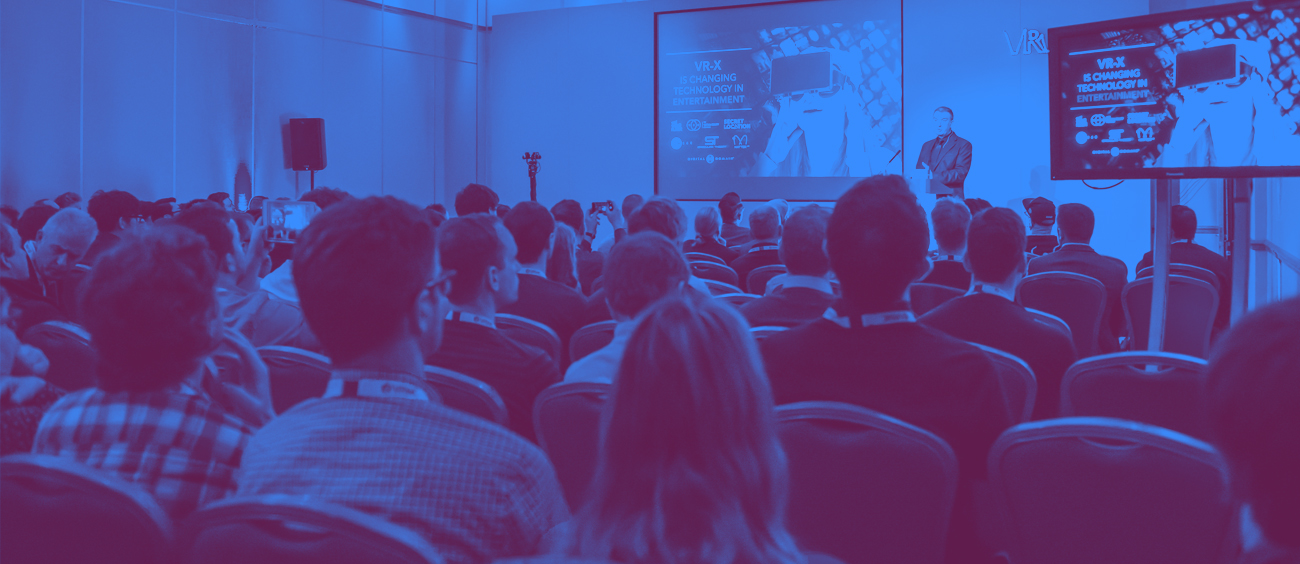


Virtual Reality and the related technologies of Augmented and Mixed Reality have come of age, brought about by significant advances in key technical challenges. This is leading to new applications and methods of interaction and communication that will impact on all areas of society, from entertainment to health and education.
Virtual Futures will explore the future direction of these technologies from a wide perspective, not only in terms of technical directions but also wider applications, content generation and ethical issues. In a special track at the VR World Congress 2017, it brings together four internationally renowned thinkers in VR to give four keynote talks, with the aim of questioning where these technologies are taking us and encouraging debate on how we can influence their development.
Organisers: Andrew Calway (UOB) Chair; Kirsten Cater (UOB); David May (UOB); Mandy Rose (UWE); and Jen Stein (UWE).
Timetable:
12th April - Watershed Cinema 1
11:15 - Mel Slater, University of Barcelona, Virtually be Someone Else and Change Yourself. Chair: Andrew Calway, University of Bristol.
12:00 - William Uricchio, MIT, VR non-fiction - things to come from a historical perspective. Chair: Prof Jen Stein, UWE Bristol.
15:05 - Hrvoje Benko, Microsoft Research, Perception = Reality: Exploiting Perceptual Illusions for Design of Compelling AR & VR Interfaces. Chair: Andrew Calway, University of Bristol.
15:50 - Michael Madary, University of Mainz, The Ethics of Virtual Reality: Risks and Recommendations. Chair: Mandy Rose UWE Bristol.





